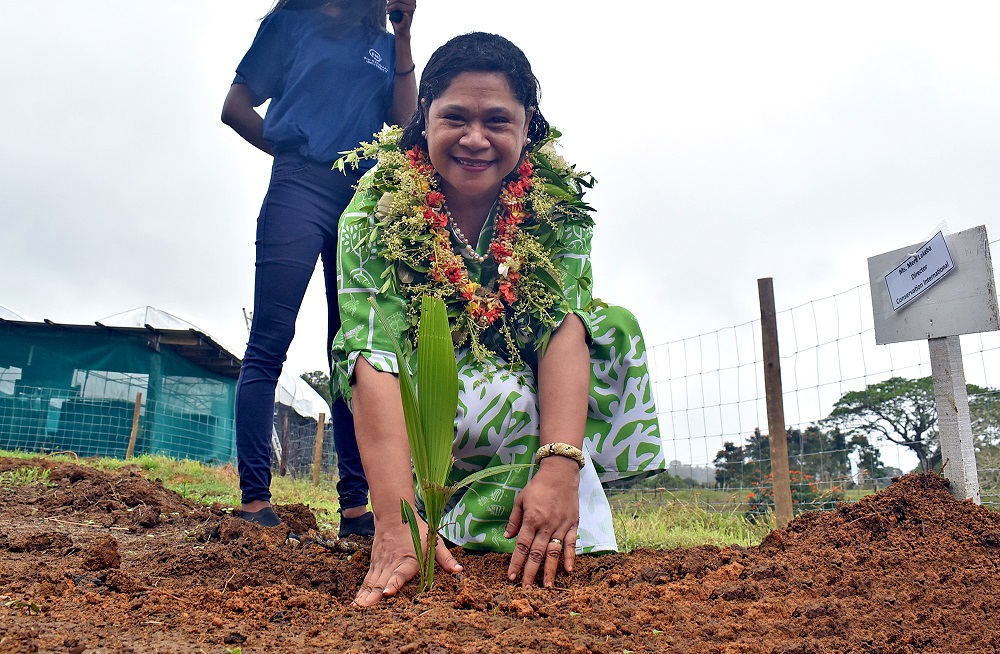Communities in Fiji’s outer islands are unknowingly contributing to the growing plastic waste crisis, says Conservation International (CI) Fiji program director Mere Lakeba.
She said rising consumption patterns and increasing access to commercial goods on remote islands were escalating waste management challenges, particularly in the Lau Seascape region.
Ms Lakeba told this newspaper during the final exchange visit of CI’s Large Marine Seascape Program, that the issue of plastic waste was part of a broader environmental framework the organisation was working to address through a structured seascape sustainable development model.
“We are moving into a Lau Seascape sustainable development model that categorises key environmental challenges under three main platforms: natural resource management and climate change, socio-cultural aspects and socio-economic development,” she said.
Within the natural resource and climate change pillar, plastic pollution was highlighted as a shared concern across the islands.
“So, you will see that there are canteens and shops and that the demand is now going across to the islands where there is bulk shopping.
“There are things like noodles, there are things like diapers, there are things like all plastic-made items that are being purchased.
“There are also things that have gone to the islands like solar, freezers, batteries.
“These are all things that are intended for a good purpose, but once they are no longer usable or require maintenance, they become a burden to island communities.”
Limited infrastructure for waste management means many of these products remain on the islands as unmanaged waste.
In response to this predicament, CI and its partners are working to map and categorise waste on the islands, including solid and chemical waste, to determine how best to mitigate or manage it.
“We are trying to identify what the wastes are, what volume is there, and how we can actually do the mapping out of how we can mitigate that.”
Grace Trifam Ministry, a partner organisation involved in the exchange program, is leading waste management and gender-focused efforts in the Lau group.
Together with CI and other stakeholders, they aim to develop community-led solutions that not only address existing waste but also prevent future environmental harm.
“So, this week-long exchange also allows stakeholders to review shared challenges and strengthen collaborative actions within the Lau Seascape initiative, which continues to serve as a model for integrated island and marine resource management.”



